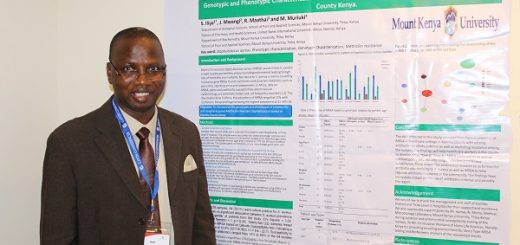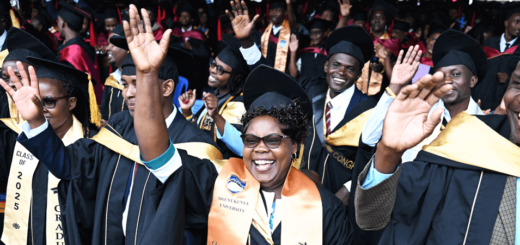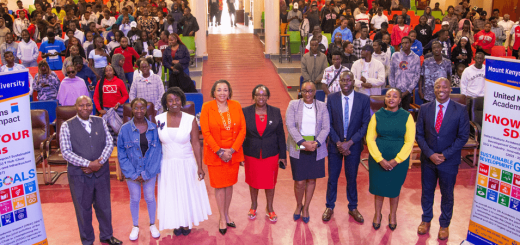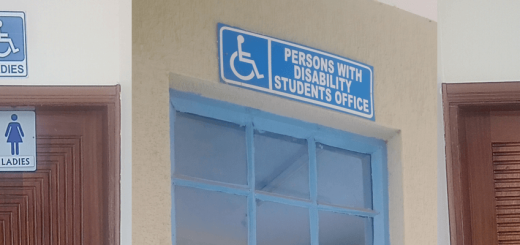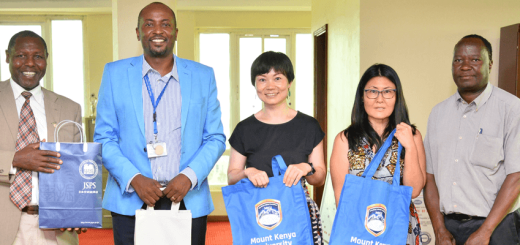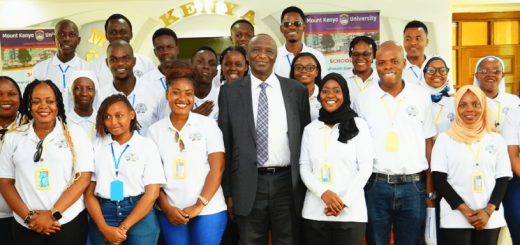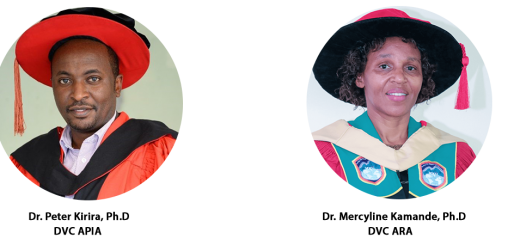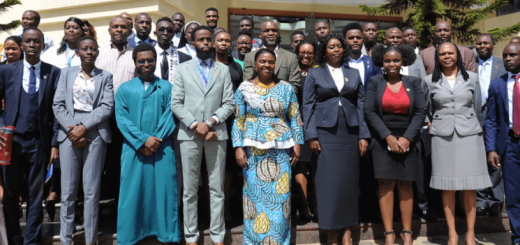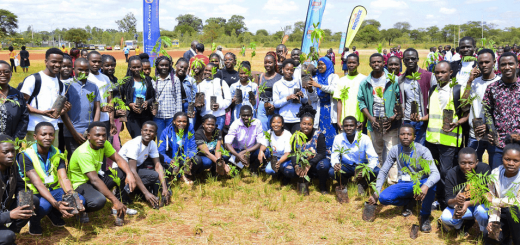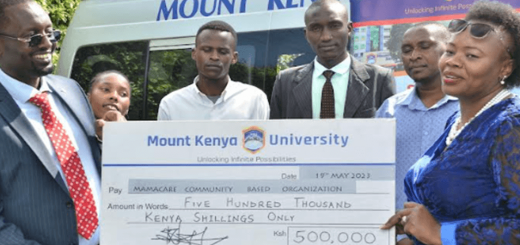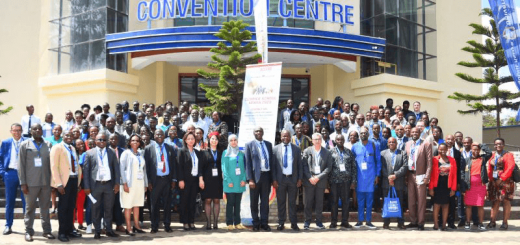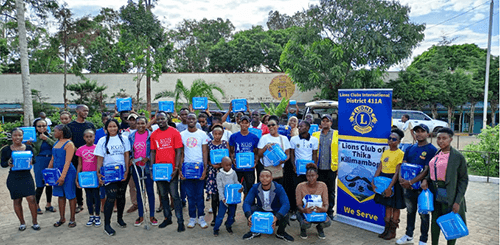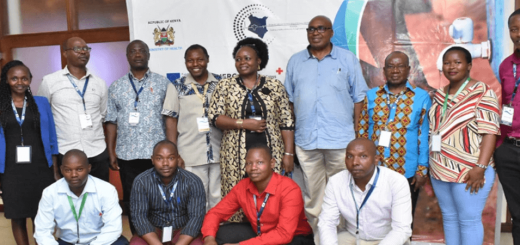The role of mathematical biology and modeling in disease control conference by Mount Kenya University
Mount Kenya University’s Center for Malaria Elimination recently played host to a groundbreaking continental gathering that underscored the transformative power of mathematical modeling in disease control.
The 3rd MaModAfrica Annual Symposium concluded in Mombasa, Kenya, on July 21-22, 2025, marking a significant milestone in Africa’s fight against infectious diseases. This gathering served as the final in-person meeting under the current funding cycle, providing a crucial platform to evaluate achievements and chart future strategies for sustained disease control across the continent using mathematical and disease modeling approaches.
Co-hosted by Mount Kenya University’s Center for Malaria Elimination under the leadership of Prof. Jesse Gitaka and Dr. Bernard Kanoi at the Pride Inn Paradise Beach Resort & Spa, the symposium brought together participants from eight African nations. Representatives from Kenya, Mozambique, Rwanda, Benin, Ghana, Burkina Faso, South Africa, and Namibia participated in this transformative dialogue.
MKU Vice-Chancellor Prof. Deogratius Jaganyi delivered a compelling keynote address that redefined academia’s role in disease elimination. “The battle for disease elimination, such as malaria, is increasingly becoming a battle of information, with data and its translation into predictive intelligence as the most potent weapons,” he emphasized, noting the approach’s potential for addressing various African health challenges.

Prof. Jaganyi outlined four pivotal academic roles: serving as architects of predictive intelligence by transforming data into mathematical models; embracing models as strategic engines that function as “digital twins” for testing complex intervention strategies; cultivating bilingual disease champions who bridge public health and data science; and translating discoveries into practical delivery systems that empower health workers.
The MaModAfrica consortium has achieved remarkable success over three years, training over 30 MSc and 8 PhD students while forging strategic partnerships with National Malaria Control Programmes. These collaborations have generated modeling outputs that directly inform national planning and policy decisions across participating countries.
The Mombasa symposium successfully reviewed progress, shared lessons learned, and strengthened partnerships, establishing a foundation for future regional collaboration and sustainable disease control efforts throughout sub-Saharan Africa. This initiative positions MKU at the forefront of innovative approaches to public health challenges facing the continent.

